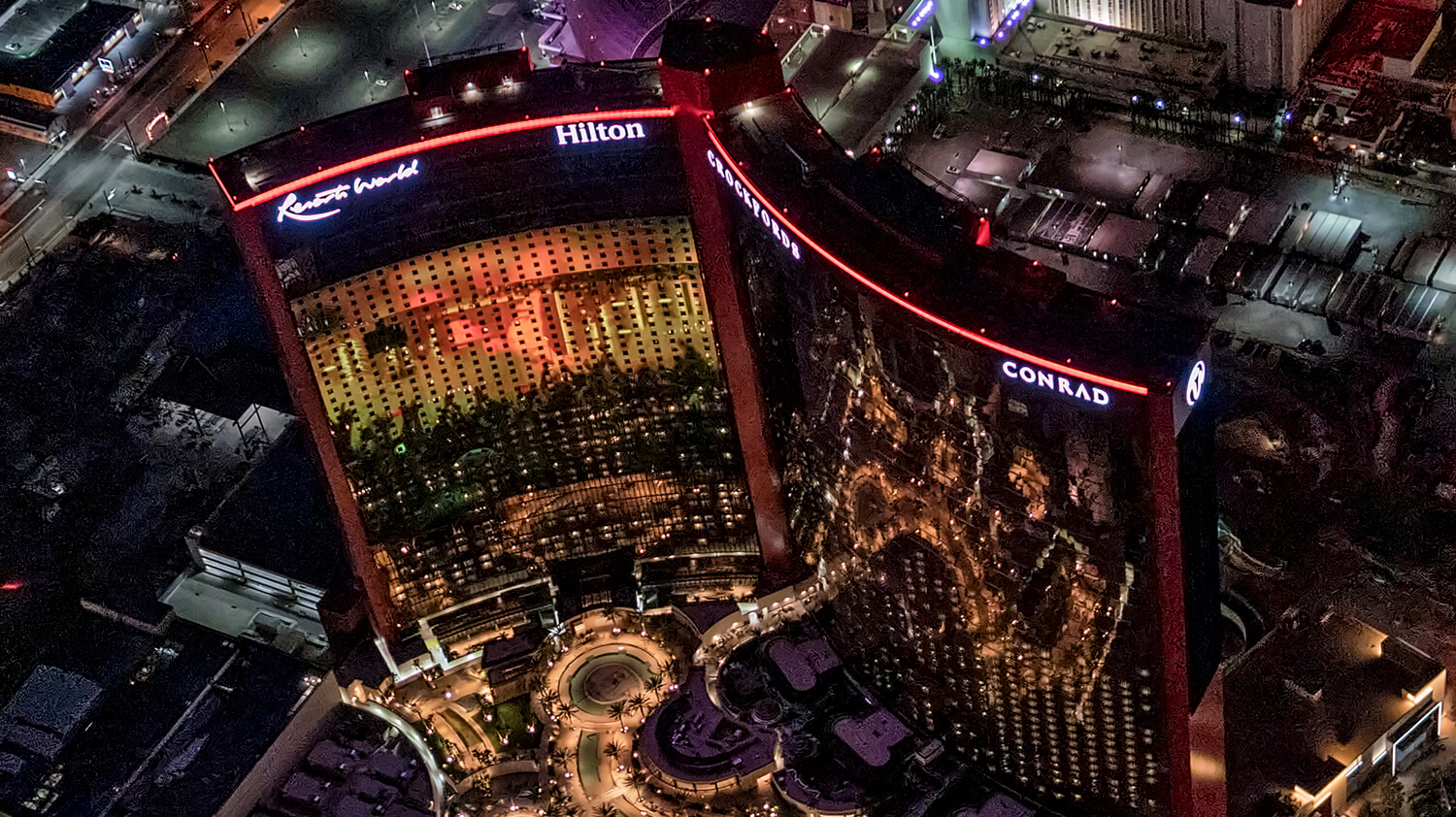Resorts World Las Vegas Faces Landmark $10.5 Million Fine Amid Legal Controversy
Resorts World Las Vegas (RWLV), one of the most ambitious and striking additions to the Las Vegas Strip in recent years, is embroiled in a high-stakes legal and regulatory controversy that has sent shockwaves through the gaming and entertainment industry. At the heart of this issue is a proposed $10.5 million fine and settlement agreement with the Nevada Gaming Control Board (NGCB), addressing allegations of illegal gambling practices and lapses in anti-money laundering (AML) compliance. This controversy not only raises troubling questions about the casino's operations but could also have significant ripple effects on the larger Las Vegas gaming landscape.
The $10.5 million fine—intended for Nevada's General Fund—comes in response to disciplinary complaints filed by the NGCB on August 15, 2024. Regulators have accused RWLV of enabling illegal bookmaking operations led by two unlicensed figures, Mathew Bowyer and Damien LeForbes. These individuals are suspected of orchestrating illicit sports betting networks across Los Angeles, Orange County, and Las Vegas. RWLV’s alleged connections to this activity have called into question its compliance standards and operational oversight, positioning the casino at the center of an embarrassing and complex scandal.
Federal investigations have further unveiled alarming details regarding these illegal operations. Mathew Bowyer, for example, reportedly managed a high-stakes underground betting network that operated well beyond the bounds of legality. Compounding the scandal, some casino hosts were incentivized financially, receiving a share of the gamblers’ losses—an arrangement strongly criticized as unethical and inappropriate within the context of regulated gaming.
One particularly damaging case involves Ippei Mizuhara, a translator for Los Angeles Dodgers superstar Shohei Ohtani, who is accused of embezzling $17 million from the baseball player. Allegedly, Mizuhara used these stolen funds to cover gambling debts associated with unauthorized sports betting activities. Such a high-profile case has only added to the scrutiny surrounding RWLV, raising serious questions about the casino’s ability to enforce sufficient AML measures and avoid associations with activities that violate state and federal law.
As part of the proposed settlement, RWLV is not just facing financial penalties but is also committing to major organizational reforms. Perhaps the most significant step involves sweeping changes to the casino’s executive leadership—a move intended to address the alleged leadership failures that allowed these issues to occur. Former RWLV President Scott Sibella, who was implicated in federal AML violations during his tenure, has already been dismissed. Replacing Sibella with a more compliance-focused leader is seen as vital for rebuilding trust. Moreover, the settlement recommends restructuring RWLV’s executive team to reinforce a culture of accountability, transparency, and regulatory adherence.
Another cornerstone of the settlement is the implementation of stronger anti-money laundering protocols. The casino will need to deploy advanced monitoring systems, increase training for employees, and establish enhanced internal controls to promptly detect and prevent illicit activities. With Nevada’s strict gaming regulations, RWLV’s commitment to restructuring its AML programs is not just about avoiding future penalties—it’s about restoring its standing as a trusted institution in the vibrant Las Vegas casino market.
The NGCB will review the proposed settlement during its upcoming meeting on March 27, 2025. This gathering will mark a pivotal moment for Resorts World Las Vegas, as the Board outlines the specific terms of the agreement and deliberates on the broader implications of this controversy. Regulators are expected to use this case as a precedent, demonstrating their commitment to upholding Nevada’s stringent gaming laws. The decision will likely resonate throughout the state’s gaming industry, underscoring the importance of strict compliance and accountability.
For Resorts World Las Vegas, this regulatory storm represents a critical turning point. The establishment’s reputation has been tarnished, and the road to redemption will not be easy. However, the proposed settlement provides an opportunity to course-correct, signaling a willingness to address its shortcomings and align with regulatory demands. Overcoming these challenges will require RWLV to rebuild trust with both the public and regulatory authorities while raising the bar for compliance and ethical operations.
Ultimately, this case serves as a stark warning to the broader gaming community. It demonstrates the serious consequences of operational and regulatory failures, highlighting the importance of adhering to the rigorous standards that define Nevada’s gaming landscape. While the outcome of this settlement will have immediate repercussions for RWLV, its long-term impact on the Las Vegas gaming industry and its regulatory practices will likely be profound. Whether Resorts World can emerge stronger from this crisis remains uncertain, but the steps it takes in the coming months will shape its future—and could alter the course of gaming regulations for years to come.
